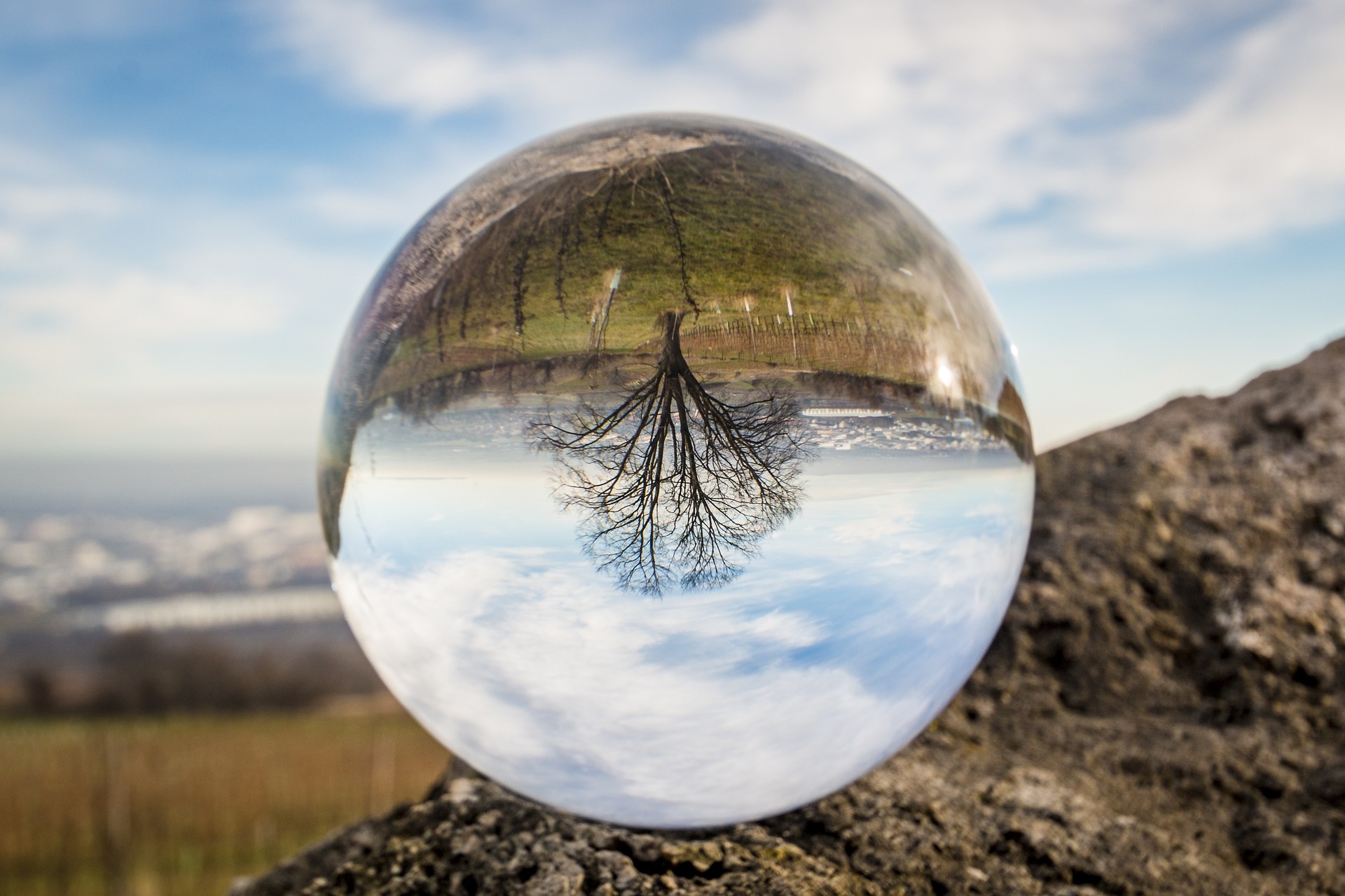 Submitted by Aradia on
Submitted by Aradia on

pixabay.com
“Every man carries with him through life a mirror, as unique and impossible to get rid of as his shadow.” ― W.H. Auden
“When we consider the esoteric, or mystic, Symbolism associated with The Mirror we find that it alludes to a much higher and sublime purpose...Spiritual Reflection! “ – Joe Panek
“Since mankind first saw its own reflection, we have been fascinated by surfaces that cast our image back to us. Possibly because of that fascination, there is an incredibly wide variety of superstitions, myths and urban legends surrounding mirrors specifically and reflective bodies in general.’ – Josh Sanofsky
The mirror is a predominantly positive symbol because of its ancient association with light, especially the light of the mirror discs of the Sun and Moon, thought to reflect divinity to Earth. It represents self-knowledge, sincerity, truth, enlightenment and divination. Hence, the belief that evil spirits could not abide in mirrors and, as spirits of darkness had no reflection.
Although mirrors sometimes appear in Western art as disapproving attributes of pride, vanity or lust, they more often symbolize truth – the folk wisdom that the mirror never lies: “You may not go,” Hamlet rages at his mother, until I set you up a glass where you may see the inmost part of you.” (Shakespeare’s Hamlet 3:4;). The Virgin Mary is sometimes shown holding a mirror – a reference to her untainted chastity and to the Christ Child as the mirror of God. The mirror (until the late Middle Ages usually a round disc of bronze or silver polished on one side) was an emblem of the Greek goddess Aphrodite (Venus to Romans) and of mother goddesses in the Middle East.
The philosophical significance of the mirror as a symbol of self-examined life is widespread in Asian traditions and particularly important in Japanese myth and religion; the creator-god Izangai gave his children a mirror, telling them to kneel and look into it morning and evening until they had shed evil thoughts and passions. In the Shinto hell, a giant mirror reflects the sins of new arrivals and determines the region of their punishment in ice or fire. The bronze mirror Yatano-Kagami, kept at Ise in Japan’s most important Shinto shrine, symbolizes the sun goddess Amateratsu, who was tempted by a magic mirror to emerge from the cave in which she had hidden her divine light. The mirror was an imperial solar emblem handed from emperor to emperor.
In both Hindusim and Buddhisim it symbolizes the enlightened realization that the phenomenal world is an illusion, a mere reflection. Yama, the Hindu guardian of the underworld, also uses a mirror to judge the state of a soul’s karma. The mirror is one of the Eight Auspicious Emblems of Buddhism. It is a Chinese emblem of sincerity, harmony and marital happiness linked with the magpie.
Almost everywhere, mirrors have been linked with magic and especially with divination because they can reflect past or future events as well as present ones. Shamans in central Asia aimed mirrors at the Sun and Moon in order to read the future. The mirror can also symbolize a mystic door into a parallel world, as in Lewis Carrol’s Alice in Wonderland.
The widespread superstition that breaking a mirror brings bad luck is linked with primitive ideas that a person’s reflection contains part of his or her life force or a twin “soul.” Equally widely, the brightness or dullness of a mirror is an allegory for the state of a person’s soul. In both Islamic and Christian thought, the human heart is likened to a mirror that reflects God.
Resources:
The Complete Dictionary of Symbols
http://www.aseekersthoughts.com/2010/06/mirror-symbol-of-reflection.html
http://weekinweird.com/2012/08/27/time-reflection-mirrors-folklore-superstition/
- 1096 reads